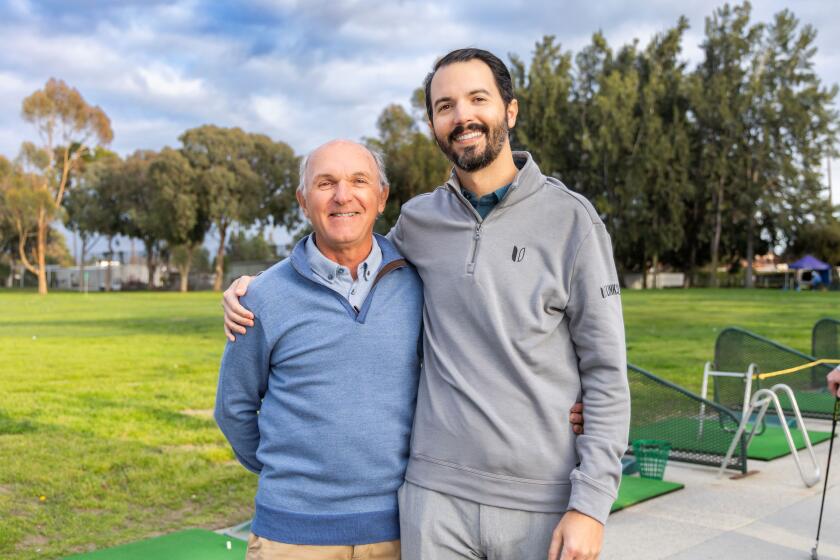Smith: Guilt is common when faced with a dying loved one
According to a 2009 study by the National Alliance for Caregiving, 65 million Americans provide an average of 20 hours a week of care for a chronically ill, disabled or aged family member or friend during any given year.
The greatest challenge facing terminally ill patients and their families and caregivers is not insurance or money or treatment decisions. Nor is it the realization that the life clock on their loved one is ticking fast.
The greatest challenge facing these people is guilt.
Some patients, as strange as it may seem, feel guilt over being sick. Some believe they are being punished for something they did or feel guilty because they are deserting those who depend on them.
Families may experience guilt over what has not been said or done.
But the greatest guilt lies with the caregiver, the spouse or family member who is in charge of the day-to-day maintenance of the patient.
In the case of my wife, Cay, who died of brain cancer June 4, I was her primary caregiver. I conducted all of the research into her condition, made treatment recommendations to her and was the contact person for all of her health-care providers and related agencies.
Over the past two years, I managed Cay’s cancer, maintained my two careers, kept the house in order, oversaw two kids, and dealt with 100% of the minutia that makes up the average day. In the final weeks, I was responsible for changing her clothes, and bathing and feeding her until hospice care took over.
It was a tremendous burden, yet, I fell into the caregiver guilt trap: I could not complain because I was not the one who had cancer and was dying.
Ultimately, caregiver guilt results in the decline of the caregiver. We wind up in a constant bad mental and physical state with little optimism for anything.
Life becomes tedious. That evolves into a state in which we sleepwalk through most days, barely able to recognize and appreciate the small joys that make life worth living: a sunset, a kind word or a smile.
Worse, we don’t understand why everyone else doesn’t feel the way we do.
But the worst guilt comes when the patient reaches a medical tipping point and is in a vegetative state. This guilt is the dirty little secret of caregiving: wishing the loved one would die. Do not judge the caregivers who have felt this, for they are not evil; they are weary.
My own guilt stemmed from the few times I dared to think about life after Cay. It was only through a series of discussions with my friend and psychologist Karen Kay that I realized that not only was it OK to think of life after Cay, it was the responsible thing to do.
Kay helped me understand that, for better or worse, my life would continue and that the obligations I had before Cay got sick would be there after she dies, but that waiting to address some of these issues was not in my best interest or the best interests of my family.
It was difficult to accept this premise, but once I did, life was easier.
The process of death and dying in America is inconsistent with rational thought. The sooner we start taking charge of our deaths as we do our lives, the faster we will improve the quality of life for everyone involved.
STEVE SMITH is a Costa Mesa resident and a freelance writer. Send story ideas to smi161@aol.com.
All the latest on Orange County from Orange County.
Get our free TimesOC newsletter.
You may occasionally receive promotional content from the Daily Pilot.



